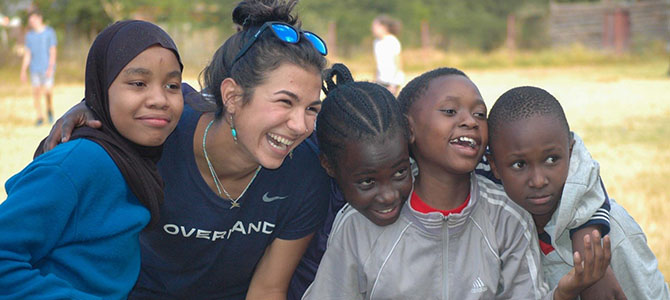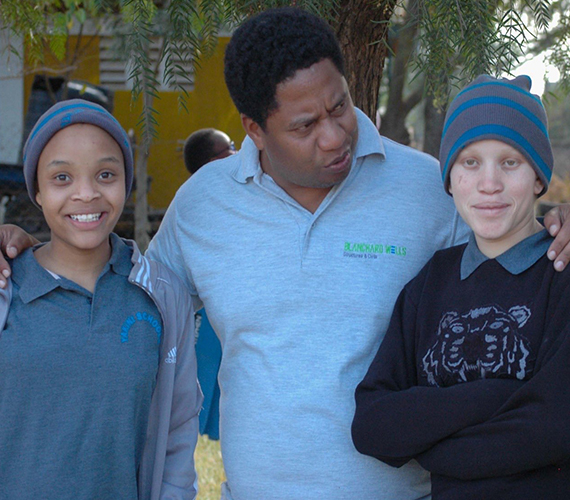Our family became very enthusiastic about the idea of having a home for the homeless orphaned children and made it financially and materially possible to start. A family house was renovated to a accommodate children and family income was used to ensure that children had food, medical care and other social services necessary.
We started with two children in March 2004 but the number of children in need of our service is increasing day after day. Up to present, Living Water Children is serving more than 50-orphaned children in Arusha region. Some of these children have different disabilities. 33 children live in a centre, 5 were unified with their extended families’ members and we are still looking for other possibilities for the rest who really need accommodation.


LWCC was founded by the Kimaro family in 2003. The original site is based in Ngulelo, a suburb of Arusha in North Tanzania. It is home to over 118 children (Jan 2022) who range from 3-22 years old and has several classrooms onsite. Every child supported by LWCC (over 800 children in total) attends one of our two schools - Yakini Primary and Nursery School.
Yakini (pillar in Kiswahili), our second site, is a boarding school where children stay for up to three months, located just outside of Arusha in Kisongo, about a half hour drive depending on traffic. The school bus goes out and comes back daily from Monday to Friday. At Kisongo, there are classes, including “Baby” to Standard 7, with a mixture of fee-paying students and children in the care of LWCC.
At Living Water, we do not use the word “orphan” because all our children belong to the LWCC family and they are all brothers and sisters. The children address Mr & Mrs Kimaro as “Mum” and “Dad” and David and Walter Kimaro are referred to as “Uncle David” and “Uncle Walter”.
The centre was founded in the year 2003 after our family (Kimaro family) had long research on problems facing children especially orphans who are from HIVAIDS homes. This triggered us to do a need assessment about the magnitude of the problem of orphans in different parts of Arusha region.
The major findings of this assessment were: -
Most of the orphaned children in Arusha have no access to education, health care and other social security. The children are frequently abused physically and sexually, and rejected by their extended families and the African society at large.
Among the orphans, those who suffer most are:
The Stigma associated with HIV/AIDS and disabilities worsen their living condition in communities.
Children have their rights. Ultimate source of right is the worth of each individual person. Being an orphan does not mean that a child is less human. The worth of persons, then, means that they deserve in strictest justice, and not out of optional charity, what they essentially need.
This takes us to the core of what we call the right of a human person. It is the value of a human being that makes what we call “human rights” to be meaningful.
The dignity of a person can be restored if each individual has access to the essential needs such as health care, education, shelter, food and respect to name few.
If we deny children their essential needs, those things they need to survive and thrive as persons, we implicitly deny their humanity. This is the worst thing that can be done.
With a little experience we had about the situation of orphans and understanding of human rights, together with my entire family, we shared all our experience about these children who are in difficult situation with friends and others. This resulted to the foundation of Living Water Children Centre (LWCC) in 2004.The vision of the Living Water Children Centre is to strive to ensure quality life for the orphaned children who are less fortunate children in Tanzania society.